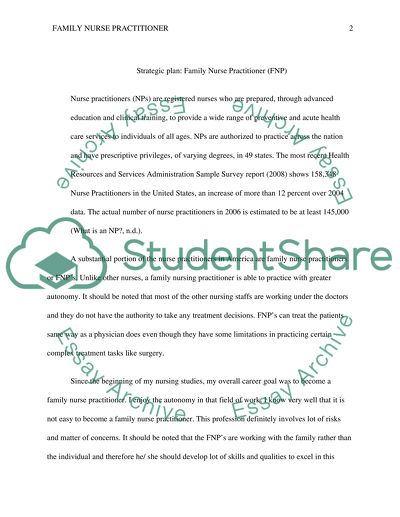Cite this document
(“Strategic Plan: Family Nurse Practitioner Essay”, n.d.)
Retrieved from https://studentshare.org/nursing/1446429-strategic-plan
Retrieved from https://studentshare.org/nursing/1446429-strategic-plan
(Strategic Plan: Family Nurse Practitioner Essay)
https://studentshare.org/nursing/1446429-strategic-plan.
https://studentshare.org/nursing/1446429-strategic-plan.
“Strategic Plan: Family Nurse Practitioner Essay”, n.d. https://studentshare.org/nursing/1446429-strategic-plan.


